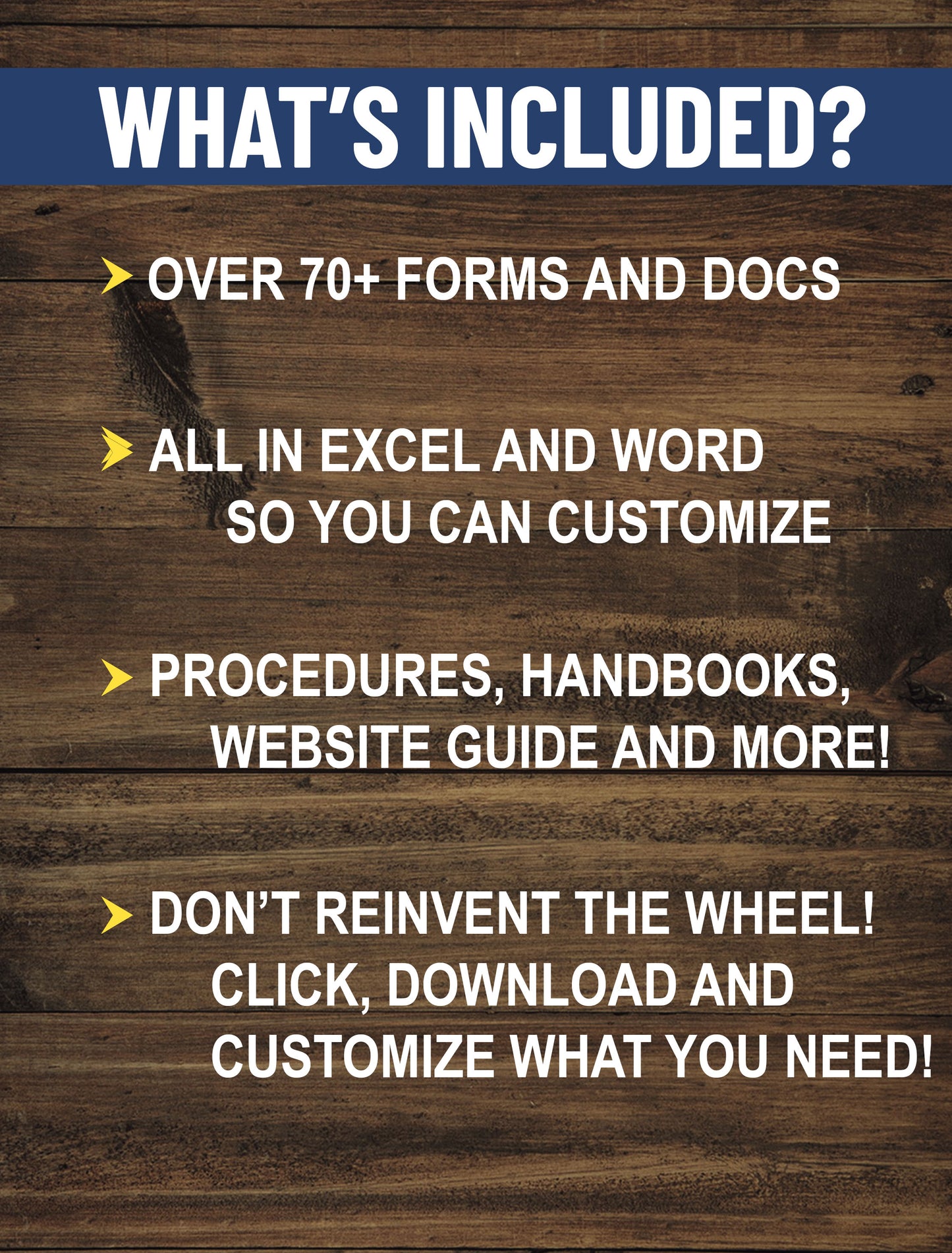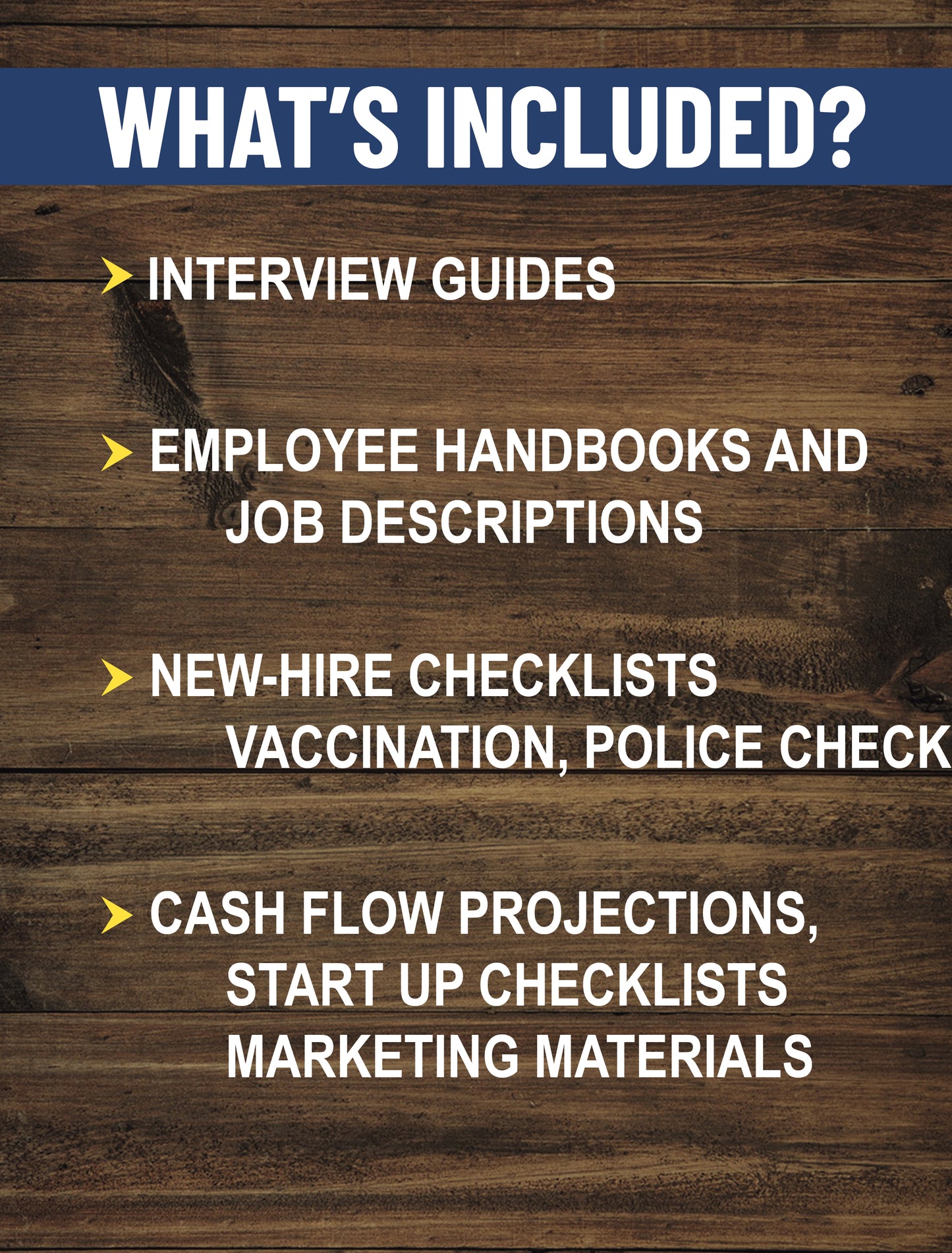Caring for a family member or loved one who needs ongoing assistance with daily tasks and medical care is a challenging responsibility. Many families opt to hire a professional caregiver to ensure their loved one receives the best possible care. When entering into such an arrangement, it's crucial to establish a formal agreement to protect the interests of both parties involved. In this blog post, we will explore into the important aspects of hiring a caregiver and provide guidance on creating a caregiver contract template that addresses the specific needs of your situation.
Understanding the Need for a CaregiverThe first step in hiring a caregiver is recognizing the need for one. Whether it's for an elderly parent, a family member with chronic illnesses like Alzheimer's disease, or an individual needing care due to disability, assessing the specific care needs is crucial. Care of another person, especially when it involves chronic illnesses, requires specialized care and attention. Often, family members, particularly adult children, find themselves in the role of primary caregivers, making it essential to acknowledge the limitations of caregiving and consider the need for ongoing professional care.
The Role of the CaregiverIdentify the responsibilities of the caregiver. These may include activities of daily living (ADLs) like bathing, grooming, dressing, dental hygiene, and meal preparation. Additionally, caregivers may need to arrange and accompany the care recipient to doctor's appointments, manage medications, and provide emotional support. For individuals with Alzheimer's disease, special attention and patience are required to ensure their well-being.
Health Professionals and Care Coordination:In many caregiving scenarios, particularly when dealing with complex medical conditions or chronic illnesses, caregivers must work closely with a team of healthcare professionals. These professionals can include doctors, nurses, social workers, physical therapists, and more. In the caregiver contract, it's essential to outline the caregiver's role in care coordination and communication with these healthcare experts.
The caregiver should be responsible for:
- Coordinating and scheduling medical appointments.
- Ensuring that the care recipient follows medical recommendations, including medication management.
- Sharing relevant medical information and updates with healthcare professionals.
- Actively participating in care planning and treatment discussions.
Additionally, the contract should emphasize the importance of the caregiver's role as a vital link between the care recipient and the healthcare team. This coordination helps ensure that the care recipient receives the best possible medical care and that everyone involved is well-informed about the care plan.
The Importance of a Care PlanA care plan is a detailed document that outlines the care recipient's specific needs, preferences, and goals. It serves as a roadmap for the caregiver and helps ensure that the care provided is individualized and effective. In the caregiver contract, reference should be made to the care plan as a critical guiding document.
Key points to include regarding the care plan in the contract:
- The caregiver should review and adhere to the care plan.
- Any modifications or updates to the care plan should be communicated and documented.
- The care plan should cover various aspects of care, including medical needs, daily routines, and emotional well-being.
By emphasizing the importance of the care plan within the contract, both parties can ensure that the care provided is aligned with the care recipient's specific requirements, promoting better outcomes and satisfaction.
Hiring a Professional Caregiver
While some families choose to have a family member take on the caregiving role, others opt for professional caregivers who are trained and experienced in providing care services. It's important to specify the type of contract that will be used when hiring a professional caregiver. Caregivers can be categorized as independent contractors, responsible for their own taxes, or employees, with the hiring party providing benefits such as health insurance and unemployment insurance. Make sure to outline the type of contract in the caregiver service contract.
Additional Caregiver Benefits:While compensation is a significant aspect of the caregiver's arrangement, consider discussing additional benefits that can enhance the caregiver's job satisfaction and well-being. These benefits can vary but may include:
- Paid Time Off (PTO): Detail the caregiver's entitlement to sick leave, vacation days, and any other paid time off.
- Retirement Plans: If applicable, outline whether the caregiver will have access to retirement savings plans, such as a 401(k).
- Professional Development: Mention opportunities for the caregiver to participate in training or workshops to enhance their caregiving skills and career.
Including these benefits in the caregiver contract demonstrates a commitment to the caregiver's welfare and can contribute to a positive and long-lasting caregiver-care recipient relationship.
Crafting a Caregiver Contract
A caregiver contract, also known as a personal care agreement or elder care contract, is a legal document that outlines the terms and conditions of the caregiving services. When creating a caregiver contract, consider the following:
-
Type of Contract: Clearly state whether the caregiver will be an independent contractor or an employee.
-
Start Date and End Date: Specify when the caregiving relationship will begin and, if applicable, when it may end.
-
Compensation Details: Clearly state the caregiver's hourly rate or how they will be paid, whether through a lump sum payment, weekly, or monthly.
-
Work Hours and Vacation Time: Define the caregiver's work schedule, including hours, days off, and any vacation or leave entitlements.
-
Confidentiality Clause: Protect the privacy and confidentiality of the care recipient's personal and medical information.
-
Contact Information: Provide contact details for both parties, including names, addresses, phone numbers, and email addresses.
-
Applicable Laws: Mention any federal and state laws or regulations governing the caregiver's role, such as minimum wage laws or labor regulations.
Legal Advice and Elder Law Attorney
Consulting with an elder law attorney is not just a good idea but a critical step when creating a caregiver contract. They can provide guidance on the legal aspects of the agreement and ensure that it complies with federal and state/provincial laws. An elder law attorney can also provide insight into intellectual property rights related to medical records and ensure that the contract protects the rights of all parties involved.
Addressing Family ConflictsFamily conflicts can arise when hiring a caregiver, especially if close relatives are involved in the caregiving arrangement. It's essential to discuss and resolve potential issues within the contract to avoid future disputes. Consider including a dispute resolution clause that outlines a process for addressing conflicts or disagreements.
Ensuring the Caregiver's Rights
The contract should clearly outline the caregiver's rights, including protection under labor laws and access to healthcare benefits like health insurance and unemployment insurance. Caregivers should receive fair compensation that meets or exceeds the minimum wage as required by labor law.
Tailoring the Contract to Specific NeedsEvery caregiving situation is unique, so it's crucial to tailor the contract to the specific needs of the care recipient. Include a detailed list of the services required, such as grocery shopping, light housekeeping, transportation, and any other unique tasks that cater to the care recipient's specific needs. Additionally, consider incorporating video conferencing technology for remote family members to stay connected and provide special attention to the care recipient's emotional and social well-being.
Respite Care and Temporary Arrangements
Respite care offers family caregivers the opportunity to take breaks and recharge while a substitute caregiver temporarily assumes responsibilities. In the caregiver contract, outline provisions for arranging respite care when needed.
Key considerations regarding respite care in the contract:
- Specify how respite care arrangements will be made, including finding a qualified substitute caregiver.
- Clarify whether the cost of respite care will be covered and by whom.
- Outline the process for transitioning back to the primary caregiver after respite care.
Respite care provisions in the contract can provide relief for family caregivers and ensure continuous, high-quality care for the care recipient.
By incorporating these sections into the caregiver contract template, you can create a comprehensive and well-rounded agreement that addresses various aspects of caregiving while promoting a positive and effective caregiver-care recipient relationship. These provisions not only protect the interests of both parties but also contribute to the overall well-being and satisfaction of the care recipient and caregiver alike.
Emergency PreparednessEmergencies can happen at any time, and the caregiver must be prepared to respond effectively. In the caregiver contract, outline the procedures and expectations for handling various emergency situations. This may include medical emergencies, natural disasters, or other unforeseen events.
Key elements to address in the contract regarding emergency preparedness:
- Contact information for emergency services (e.g., 911) should be readily accessible.
- Specify the caregiver's responsibilities during emergencies, such as calling for help, administering first aid, or evacuating if necessary.
- Include instructions for notifying family members or designated emergency contacts.
By including a section on emergency preparedness in the contract, both the caregiver and the care recipient's family can feel confident that they have a plan in place to respond to unexpected situations, ensuring the safety and well-being of the care recipient.
Evaluating Care Quality
Regularly assessing the quality of care provided by the caregiver is essential to ensure that the care recipient's needs are met. The caregiver contract should emphasize the importance of ongoing evaluation and monitoring.
Consider including the following points related to evaluating care quality:
- Establish a schedule for performance reviews or assessments.
- Encourage open and honest feedback from the care recipient, family members, and healthcare professionals.
- Define key performance indicators (KPIs) or benchmarks for assessing care quality.
Evaluating care quality not only helps identify areas for improvement but also acknowledges the caregiver's dedication and hard work in delivering the best possible care.
Communication and Reporting
Effective communication is vital in caregiving. The caregiver contract should stress the importance of clear and consistent communication between the caregiver, the care recipient, and the family members.
Points to include regarding communication and reporting:
- Specify the frequency and method of communication, such as daily check-ins or weekly updates.
- Highlight the importance of documenting care activities and changes in the care recipient's condition.
- Encourage the caregiver to promptly report any concerns or issues related to the care recipient's well-being.
By emphasizing communication and reporting within the contract, both parties can maintain transparency and stay informed about the care recipient's status, making it easier to address any evolving needs or challenges.
Termination of the Contract: Ensuring a Smooth Transition
In any caregiver relationship, it's crucial to establish a clear framework for how the contract can be terminated by either party. By doing so, both the caregiver and the care recipient's family can navigate the often complex and emotionally charged process of ending the caregiving arrangement with a sense of clarity and fairness.
1. Circumstances for Contract Termination:Begin by outlining the specific circumstances under which the contract can be terminated. These circumstances can vary widely but may include:
- Care recipient's significant improvement in health: If the care recipient's condition improves to the extent that they no longer require the same level of care, this can trigger contract termination.
- Care recipient's health deteriorating beyond the caregiver's capacity: If the care recipient's health deteriorates to the point where their needs exceed the caregiver's abilities, a contract termination may be necessary.
- Violation of contract terms: Specify any actions or behaviors that would constitute a violation of the contract terms, such as a breach of confidentiality or failure to perform required duties.
- Caregiver's resignation or inability to continue: Address the caregiver's right to resign from the position and under what circumstances, such as health issues or personal reasons.
- Mutual agreement: Include an option for both parties to mutually agree to terminate the contract, perhaps due to changes in the care recipient's circumstances or the caregiver's availability.
- Clearly define the notice period required for termination. The notice period serves to provide both parties with adequate time to prepare for the transition. Standard notice periods often range from two weeks to one month, but the specific duration should be mutually agreed upon and specified in the contract.
3. Transition Process:
- Describe the process for a smooth transition of care services. This should encompass several important aspects:
- Transition plan: Develop a transition plan that outlines how the care recipient's needs will be met during and after the transition period. This may involve identifying a new caregiver, coordinating medical appointments, and transferring relevant medical records.
- Handover meeting: Arrange for a handover meeting between the outgoing caregiver and the incoming caregiver or the care recipient's family members. During this meeting, important information regarding the care recipient's routines, preferences, and medical history should be shared.
- Documentation transfer: Ensure that all relevant documents, such as care plans, medical records, and contact information for healthcare professionals, are smoothly transferred to the new caregiver or responsible family members.
- Emotional support: Recognize the emotional impact of the transition on both the care recipient and the caregiver. Encourage open communication and provide emotional support throughout the process.
By addressing the termination of the contract in such a detailed manner, you not only protect the interests of both parties but also promote a sense of fairness and compassion in what can be a challenging and emotional period. A well-defined termination process ensures that the care recipient's needs continue to be met effectively while facilitating a respectful and professional conclusion to the caregiver-care recipient relationship. This approach contributes to a positive experience for all parties involved and upholds the dignity and well-being of the care recipient.
Conclusion
Creating a caregiver contract is a vital step in hiring a caregiver to care for your loved one. It provides legal protection, clarifies expectations, and ensures that both parties are on the same page regarding responsibilities and compensation. While templates for caregiver contracts are available, it's essential to seek legal advice and customize the agreement to meet the specific needs of your situation. By doing so, you can provide the best possible care for your family member while maintaining a healthy caregiver-care recipient relationship and complying with applicable laws and regulations.










1 comment
Very clear; easy to follow guidelines.